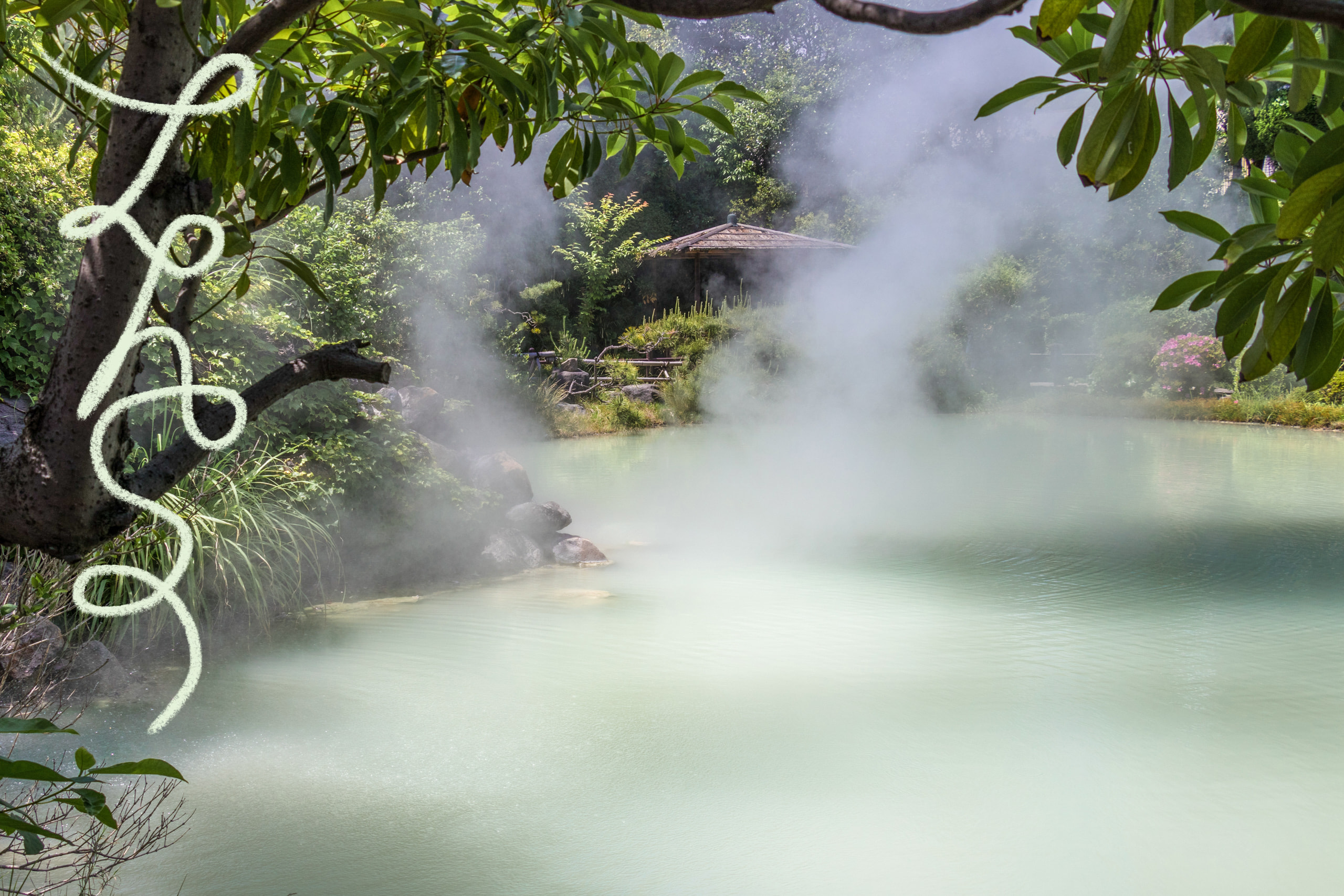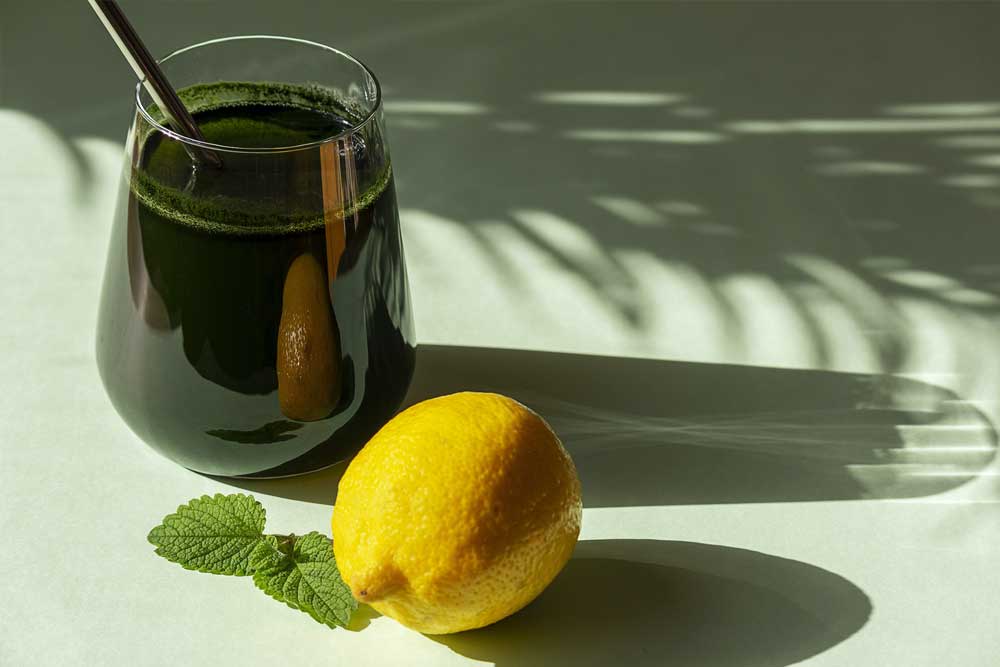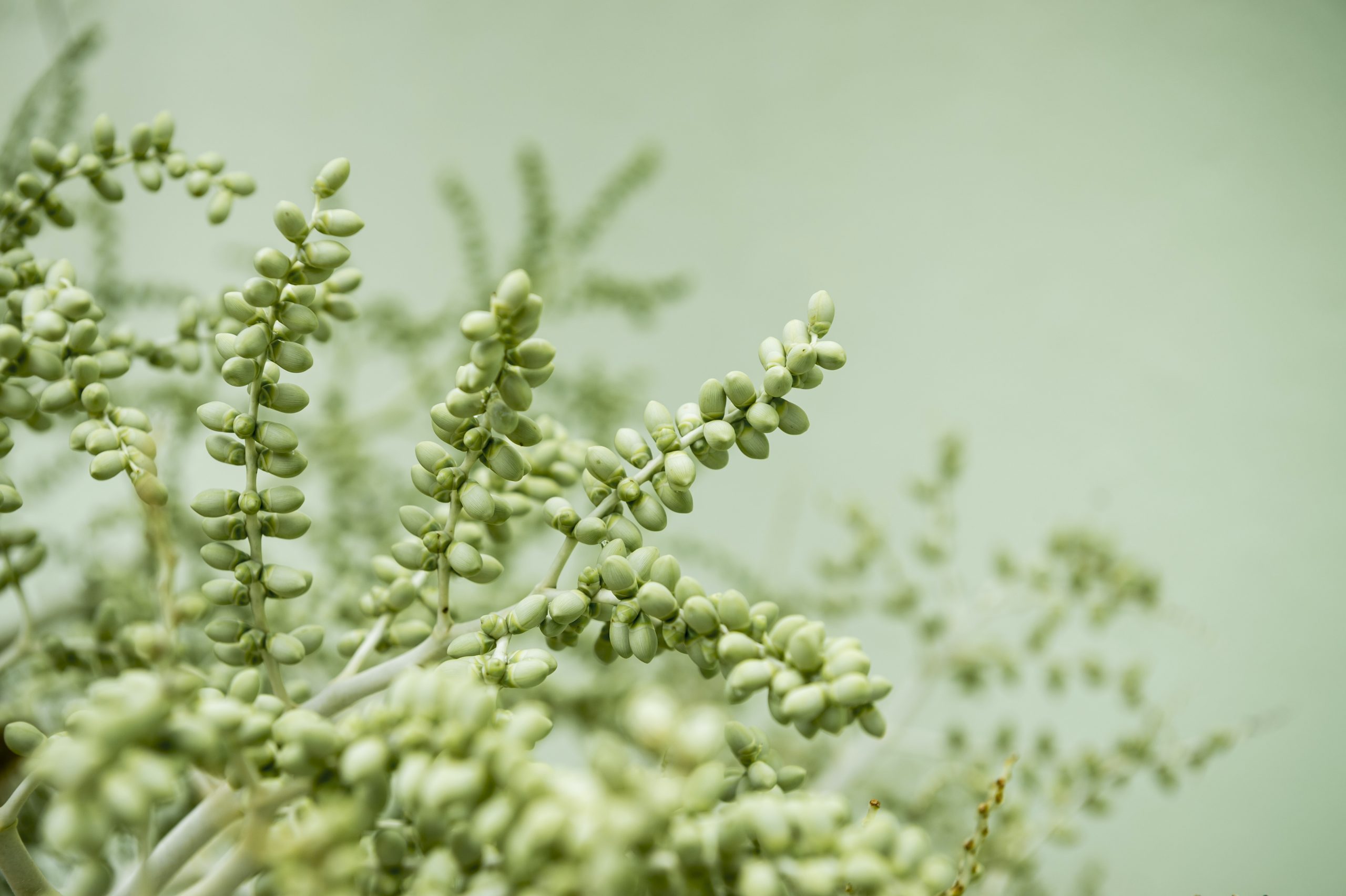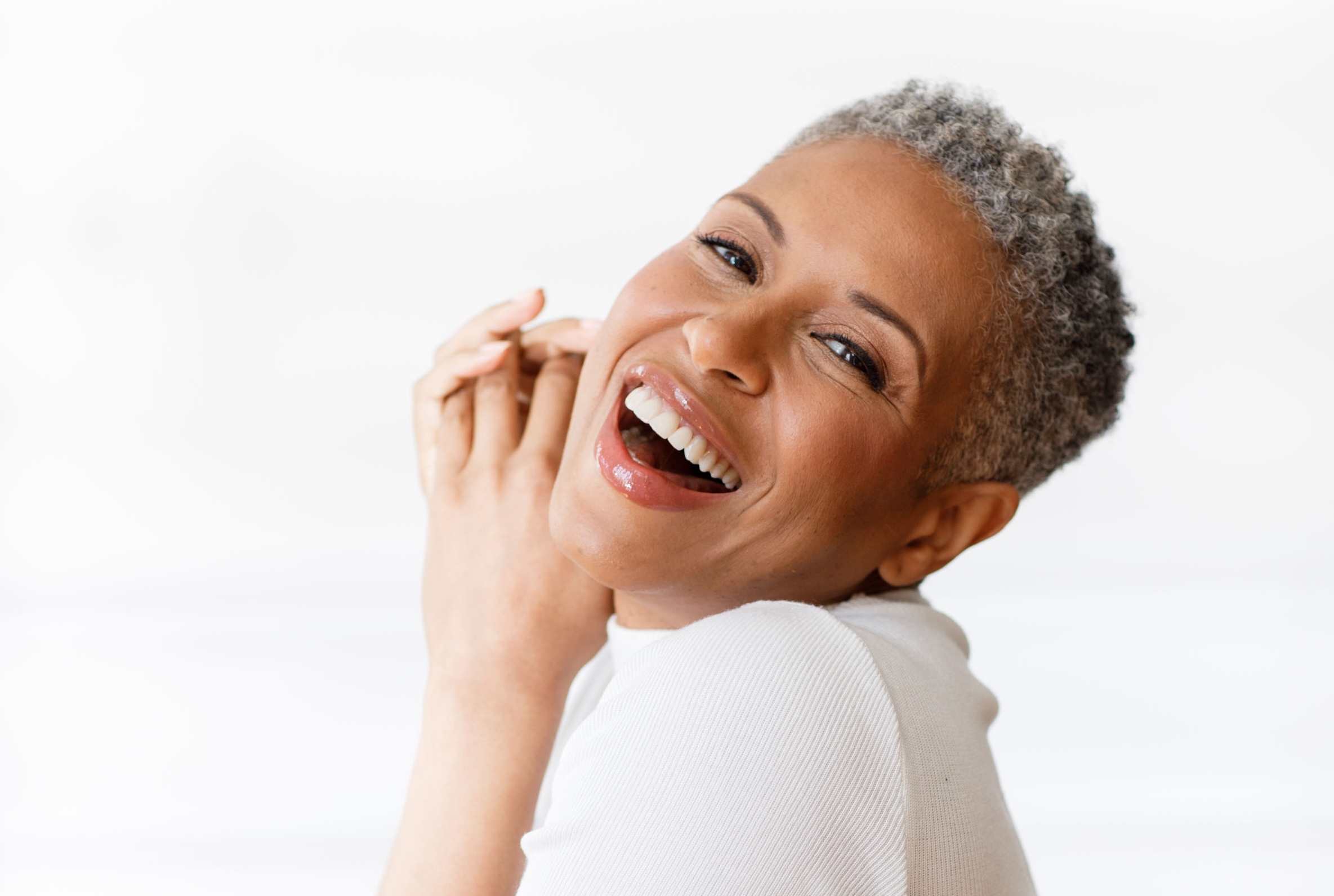HOT FLUSHES DEFINITION
It’s when you have a sudden creeping or sweeping heat across the upper body that lasts a few minutes, which can be uncomfortable and embarrassing. They have a habit of appearing at the most inconvenient times!
Start your free online menopause assessment to see if HRT is right for you
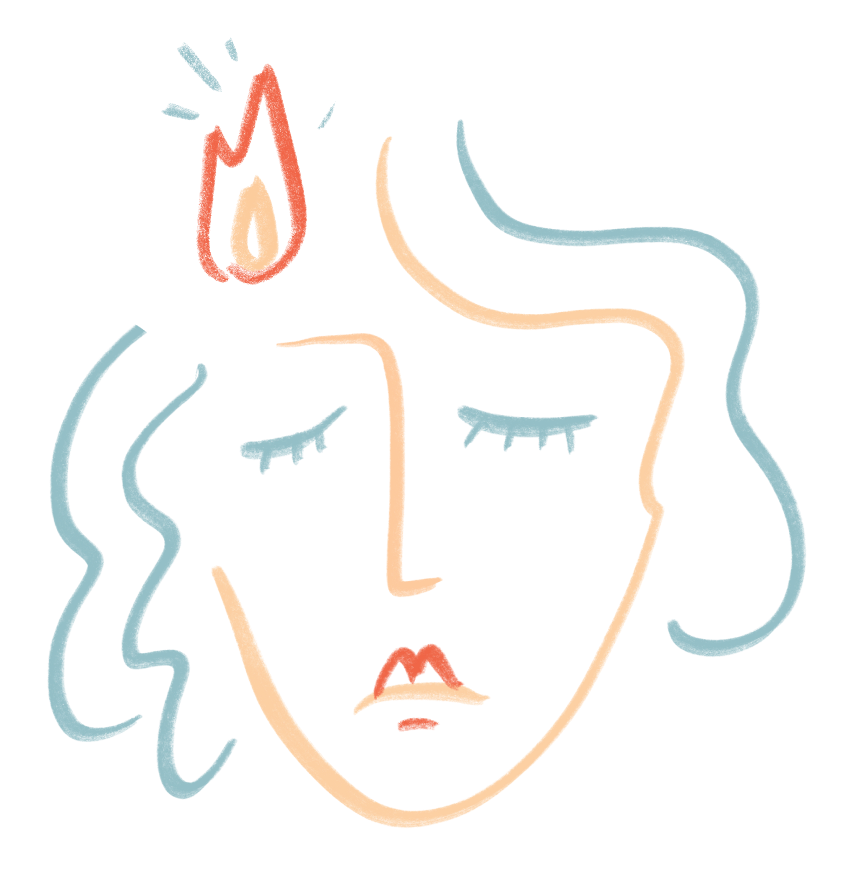
HOW LIKELY ARE HOT FLUSHES DURING MENOPAUSE?
- These symptoms are experienced by three in every four
- Menopause generally begins at 50-55. Hot flushes may happen up to a few years before periods stop and a few years after menopause too
- Research has revealed that, on average, you can experience hot flushes for an average of 10 years
- Your lifestyle – what you eat, drink and if you smoke – could mean you are more susceptible to hot flushes
Read more about the stages of menopause.
NIGHT SWEATS MENOPAUSE
Night sweats are hot flushes that happen during the night and can be uncomfortable and upsetting as well as leaving you exhausted the next day. You may wake up drenched all of a sudden on your neck, chest, hair and elsewhere on your body. You may even need to change your bedding.
TREATMENT FOR HOT FLUSHES IN MENOPAUSE
Did you know that changing your lifestyle and avoiding certain things that can cause blood vessels to dilate can really help keep your hot flash symptoms under control? Here are six things you can try.
2. Take care of your diet. Avoid spicy foods, such as chilies, paprika and cayenne pepper. Reduce caffeine, such as coffee, tea, green tea, energy drinks and other fizzy drinks. It increases your heart rate and dilates blood vessels.
Follow a diet low in saturated fat and salt and high in Vitamin D and calcium. Eating foods rich in phytoestrogens, which mimic oestrogen, might help.
3. Increase exercise. It has been shown to help reduce hot flushes by 60%. Aim for 500 minutes a week, including two and a half hours of cardio exercise, such as jogging or pedalling at a pace that causes sweating and increased heart rate.
4. Quit smoking. Smokers have more hot flushes than non-smokers.
5. Keep cool: Helpful tips include, wear lightweight layers you can remove quickly – you can buy menopause-friendly nightwear engineered to wick away sweat. Use sheets and blankets for bedding instead of a duvet, so you can adapt to your temperature easily. Invest in a cooling face spray and fan for when the heat hits.
6. Watch your stress. Practice mindfulness, have plenty of breaks and time for yourself.
WOULD HORMONE REPLACEMENT THERAPY (HRT) HELP?
Yes. HRT is known to improve sleep, mood and hot flushes during menopause. However, HRT comes with risks and is not suitable for everyone. Read more about the HRT debate.
It might be that your doctor recommends another medicine, such as clonidine or some antidepressants that can help with hot flushes. Speak to your doctor about your personal treatment options.
HOT FLUSHES AND MENOPAUSE
I can now keep calm if I feel heat coming on and remind myself that the moment will pass”

